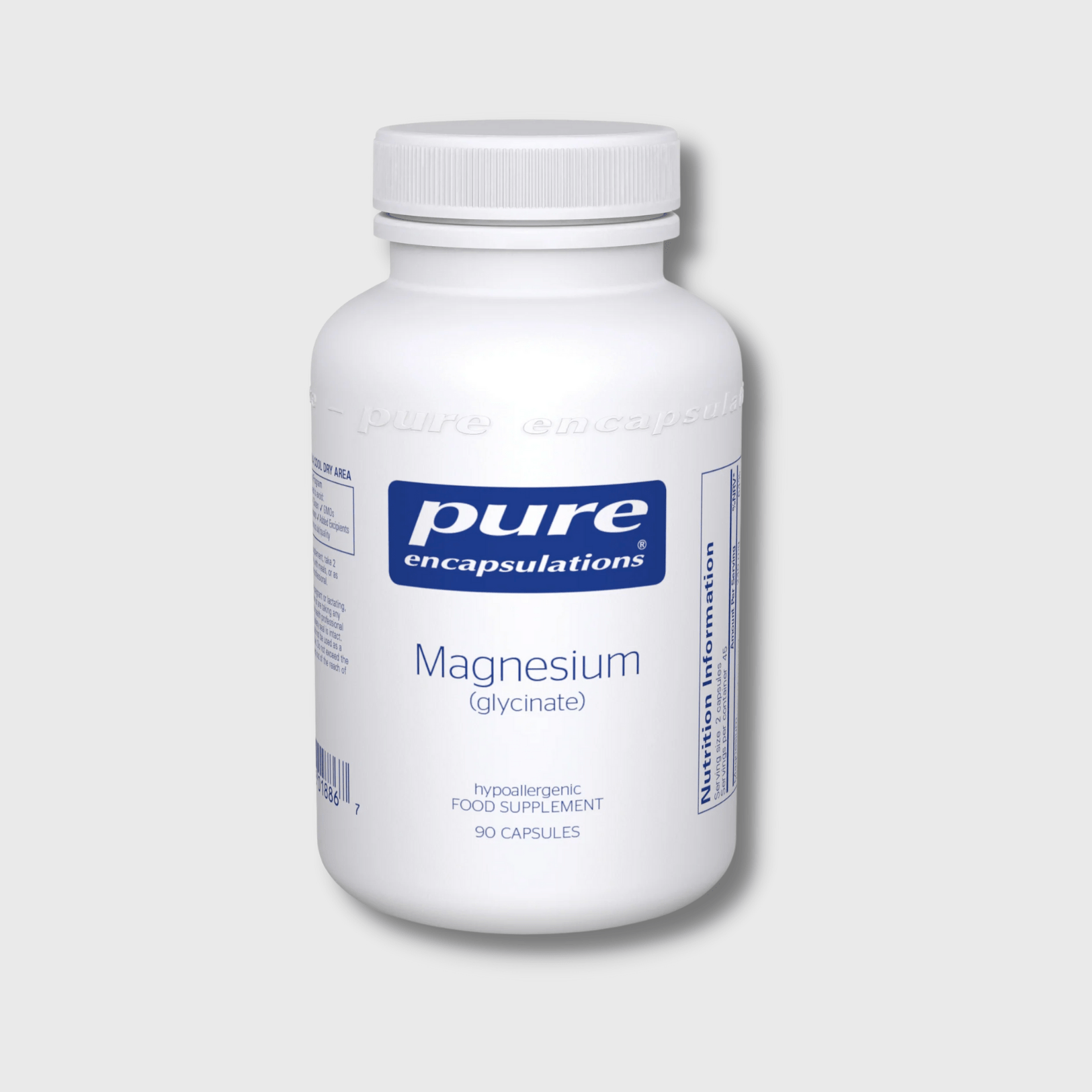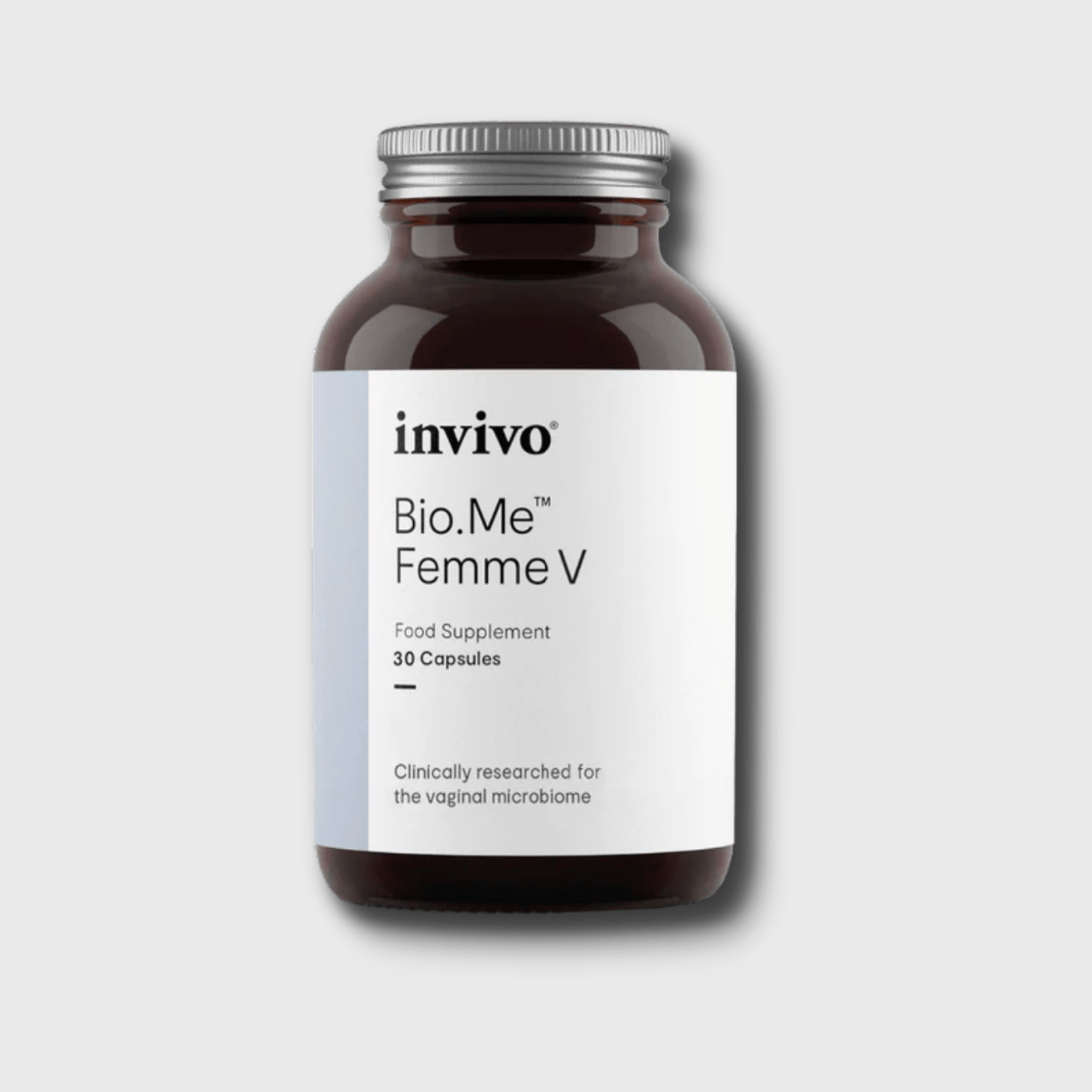
Which Diet is Best for Autoimmune Diseases?
Unfortunately, the answer to this question is not a simple one as there is no one diet that has been shown to successfully treat every autoimmune disease. However, a variety of diets have been explored for the management of autoimmune diseases each with varying degrees of success. Some of these include paleo autoimmune protocol (AIP), the Wahls protocol, fasting mimicking diet, the Swank diet, anti-inflammatory diet to name a few. Yet these diets can be extremely restrictive and quite overwhelming for a client who is already trying to deal with the effects of their disease. We know as practitioners that food is extremely individual, but there are a few approaches we can take with clients initially that can make a big difference.
Going gluten-free
Gluten is one of the many factors that may contribute to intestinal permeability and this is associated with many autoimmune diseases, both GI-related and systemic.
Removing lectins
These are found in grains (especially wheat), dairy, legumes and nightshade vegetables and have been shown to lead to barrier damage and intestinal permeability. If a client is unable to eliminate these completely then soaking, fermenting, cooking or high-pressure cooking will decrease the lectin content.
Eating a rainbow
Oxidative stress is a primary mechanism of inflammation production. Eating a rainbow of fruit and vegetables provides a range of antioxidants and polyphenols to help combat oxidative damage and reactive oxygen species. Clients should aim for 2 servings from each colour each day.
Fermented foods
An abnormal microbiome can create inflammation and cause intestinal permeability, triggering an immune response. Fermented foods help to nourish the microbiome by encouraging the growth of good bacteria in the gut. However, for clients with dysbiosis, fermented foods may need to wait until the dysbiosis has been addressed.
Choose organic and grass-fed meat
Choosing organic minimises toxin exposure from herbicides and pesticides used during commercial farming. Choosing grass-fed instead of grain-fed ensure the animal has not been fed an inflammatory grain which could up-regulate inflammatory processes.
Increase fibre
Fibre is full of anti-inflammatory compounds in addition to providing nourishment for commensal bacteria. Good bacteria in the gut also ferment fibre to produce short chain fatty acids (SCFA’s) which are the main source of energy for the cells that line the colon.
Increase omega-3’s
Omega-3 fatty acids modulate the genes for inflammation in many different areas of the body and it is essential that our intake of anti-inflammatory omega-3’s exceeds our intake of pro-inflammatory omega-6’s.
These are just some dietary changes that a client can easily implement, before a more personalised approach is taken. In addition to diet; lifestyle also play a huge role in autoimmunity and it is imperative that this also receives attention as lifestyle factors are associated with autoimmunity.
Blog provided by Nutri Advanced
Share






